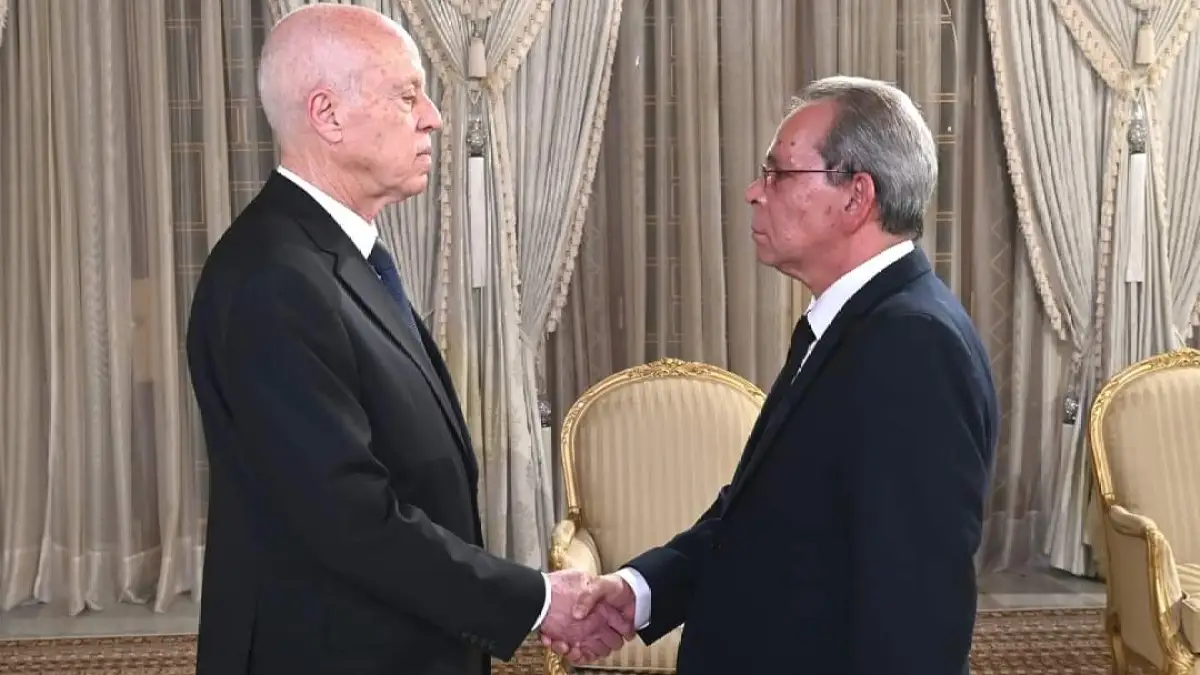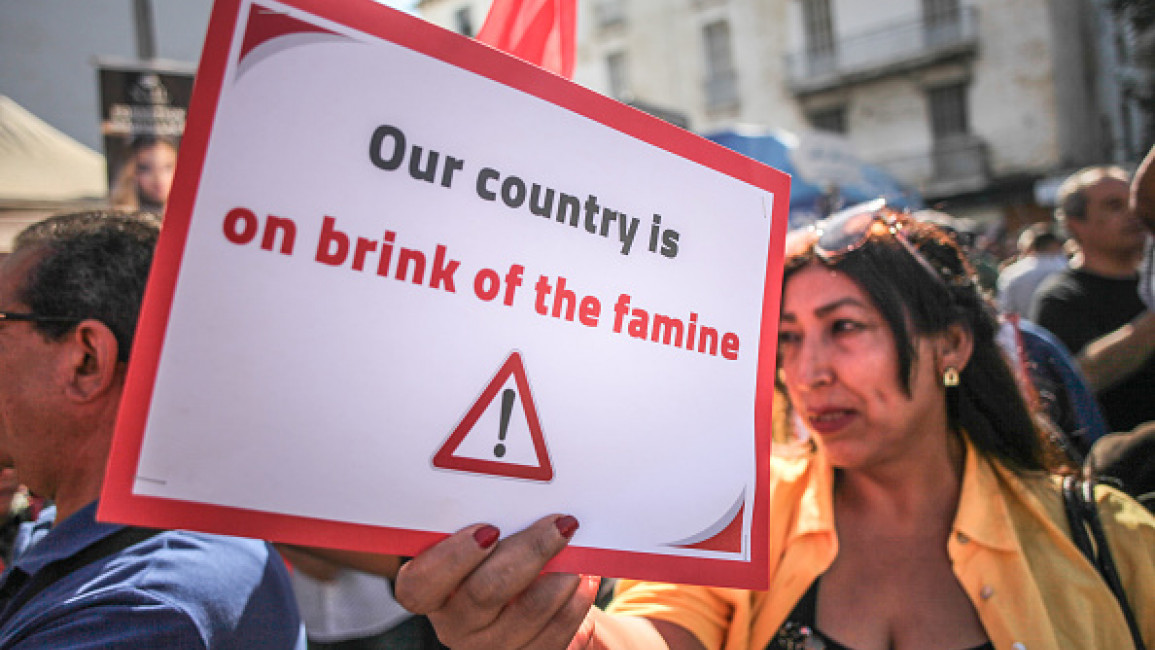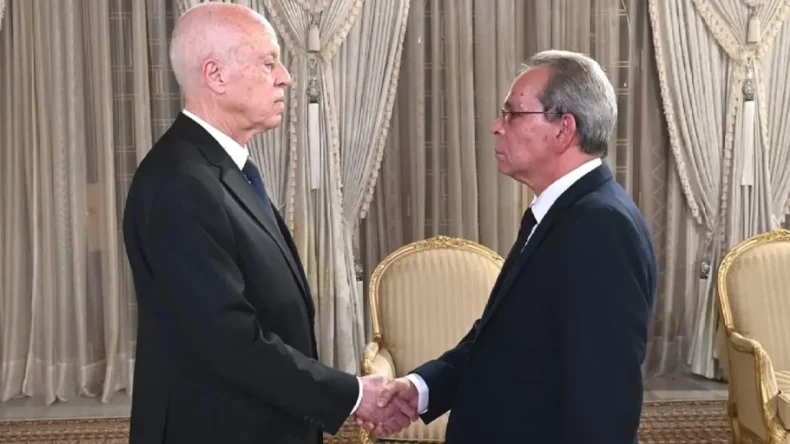Shortly before midnight on August 1, the President of Tunisia Kais Saied removed Prime Minister Najla Bouden from office while replacing her with a former central bank human resource director-Ahmed Hachani. Hachani has been tasked with overcoming “colossal challenges” that have cash-strapped the North African country of Tunisia.

Bouden Removed from Office
Najla Bouden Romdhane was the first female Prime Minister of the country and also the first female Prime Minister of the Arab World. She took office in 2021. Prior to becoming the Prime Minister, she held senior roles at The Ministry of Higher Education and Scientific Research.
In a press release of a video put out by the presidency shortly before midnight, President Saied announced that the functions of Bouden have been terminated. No official explanation has been given for her dismissal, but the move is attributed to the President’s displeasure over shortages of bread in subsidised bakeries.
Bouden was immediately replaced by Ahmed Hachani who worked at the Tunisian Central Bank. He was sworn in as Prime Minister by the President at Carthage Palace. Interestingly, according to Hachani’s Facebook profile, he studied law at the University of Tunis where Saied used to teach earlier.
As seen in the video released by the presidency, Saied wishes good luck to the newly appointed PM and says that Tunisia is facing colossal challenges that must be overcome with a strong will in order to protect the state and social peace. Several meetings took place in recent days within the government and between the president and the ministers regarding the issue of the shortage of state-subsidised bread.
The government fears a repeat of the bread riots of 1984, which left 150 people dead under Habib Bourguiba, the father of Tunisian independence. Saied recently stated that “bread is a red line for Tunisians.” Tunisia, being a low-income economy, has centralised the purchase of basic ingredients such as flour, sugar, coffee, and cooking oil since 1970.
The country has been facing shortages of these essential commodities for months. Economists are of the view that the shortage is linked to Tunisia’s inability to adequately pay suppliers in advance.

Tunisia’s Crippling Economy
The North African country is saddled with a crippling public wage bill and is indebted to around 80% of its GDP. It is currently seeking foreign aid. Tunisia reached a tentative deal of a $1.9 billion bailout from the International Monetary Fund in October last year. Tunisia needs to undergo economic reforms to acquire the bailout which involves phasing out subsidies on fuel and electricity.
It also requires the government to restructure state-owned firms, which are more than 100 in number. The firms hold monopolies in multiple sectors of the economy and are heavily indebted. However, there are not many hopes of securing an IMF bailout for Tunisia as their President has repeatedly shunned “foreign diktats that will lead to more poverty”.
President Saied granted himself extensive powers on July 25 by dismissing his then Prime Minister and suspending the parliament. Later, after two and a half months, he appointed Bouden as the PM. Since then, he has ruled by decree.
In the summer of 2022, he amended the Tunisian constitution by a referendum, which greatly reduced the powers of the parliament while granting unlimited power to the president. Saied recently ordered the dismissal of several ministers, including the foreign minister, without any relevant explanation.
About 20 businessmen, journalists, and opposition leaders have been detained by the government including Rached Ghannouchi, who is a high-profile critic of the President. They have been labelled as terrorists by Saied and are accused of plotting against the state.
Besides the political instability, the unemployment level has peaked at 15% in Tunisia, poverty levels are on the rise and economic growth is sluggish at 2%.













